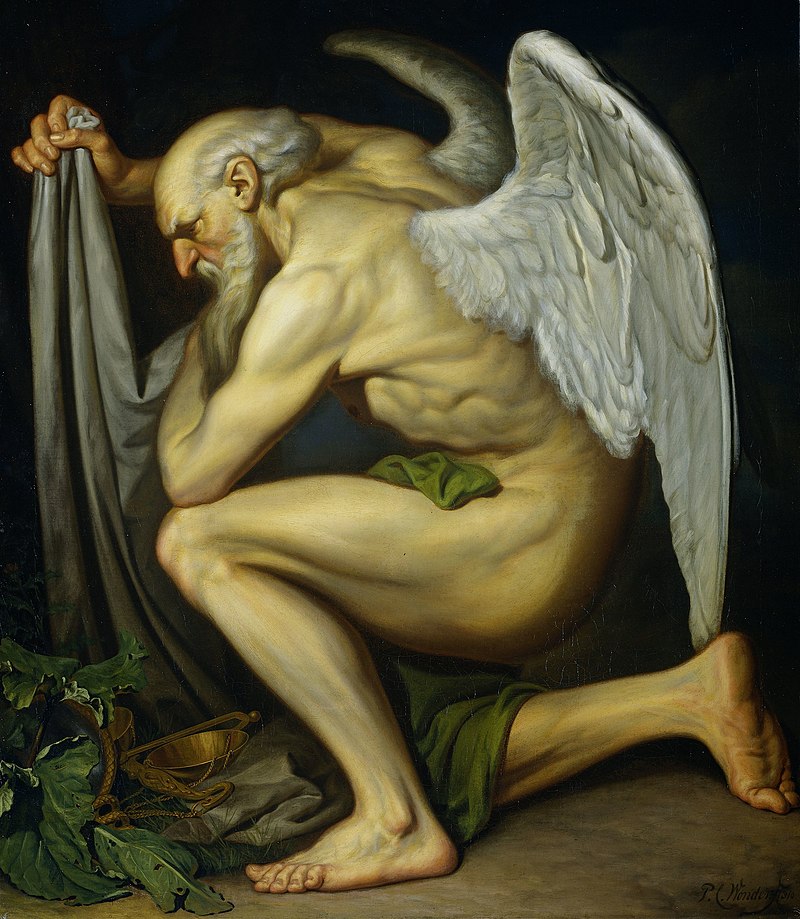A memory for me was when I went into the training room at college after basketball practice. As a freshman, I wondered what all these guys were doing laying down on training tables, sitting in ice baths, and having things wrapped and taped. Four years later, I found myself appreciating the services of the trainers to soothe aching joints and muscles.
Now, the grind of competitive athletics certainly introduces some wear and tear, but even for non-athletes the progression of age seems inescapable.
There is a Norse myth that tells of Thor wrestling an old woman named Elli. The harder he struggles, the stronger she seems. Eventually, even mighty Thor submits, and finds out that this elderly woman is 'old age' herself.
 Aging is not a uniquely human experience, although some organisms age in dramatically different ways. The naked mole rat, tortoises, redwood trees and the 'immortal' hydra come to mind.
Aging is not a uniquely human experience, although some organisms age in dramatically different ways. The naked mole rat, tortoises, redwood trees and the 'immortal' hydra come to mind.Humans have made remarkable gains in life expectancy. More people are living for more years. But the rate of aging, think of the point in life we see wrinkles and gray hairs appear, has not changed very much at all. Why is that?
The scientists that are looking under the hood have a few ideas. From studying other creatures, and looking at various unique versions of homo sapiens, we are starting to build a knowledge base that can give us some insights.
From this knowledge we are starting to show that in some cases we can slow down or delay the aging process. At the very least, we get a better understanding of things that can speed it up (which most of us want to avoid).
It is important to note that there is not one universal theory of aging, rather there is a universe of aging theories. In some ways we are like the blind priests holding different parts of the elephant.
Let's take a quick tour through the aging universe and see what's out there.



.jpg)